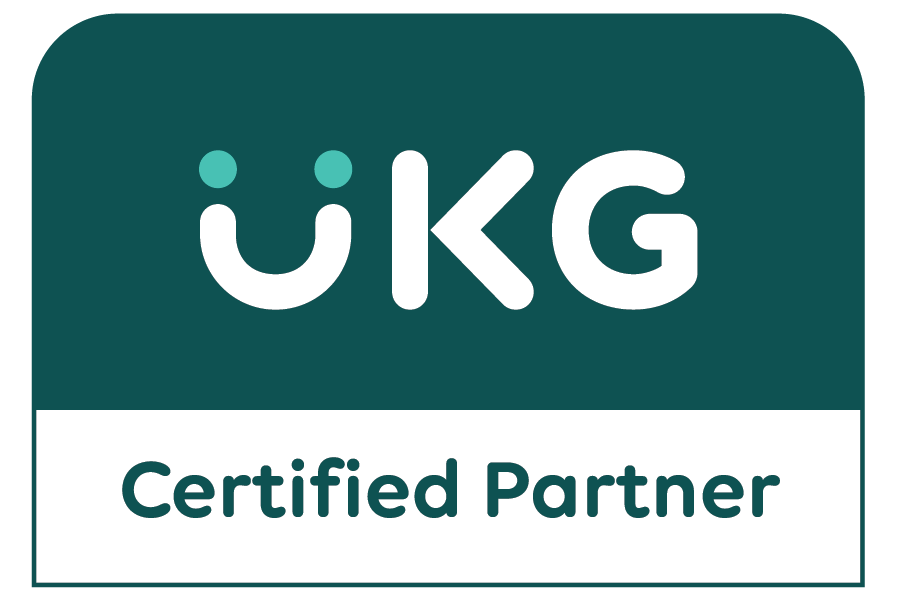Until recently, many companies viewed mobile HR capabilities as a “nice to have” as part of their HRIS system. They anticipated using mobile capabilities at some point, but it certainly wasn’t a high priority item, nor was it a deal killer when they evaluated a new HRIS, Payroll or Talent Management solution.
That thinking has now shifted, and there is new urgency in offering HR functionality via mobile.
What’s driving this urgency? Technology? Age? Expectations?
All of these really. We are in the midst of an explosion of Smartphone use, accompanied by a seismic shift in how people receive and respond to information. Smartphones introduce real-time communications, creating faster turnaround times (and expectations too).
Smartphones accompany us everywhere and whenever we have downtime, like waiting in line, eating lunch, sitting on a train or subway, well, we use our phones.
Multiple rings
A study by Aruba Networks found that 86% or respondents worldwide had two or more devices capable of connecting to the Internet and a whopping 64% own three or more connected mobile devices.
Why HR should care
In the most recent CedarCrestone survey, mobile-enabled process adoption grew 67% since 2012. They reported that the most used mobile-enabled processes are:
• Payroll
• Recruiting
• Performance management
These areas are all business critical processes, so CHRO’s, VP and Directors of HR are taking steps to offer these capabilities to both applicants and employees as quickly as possible.
Companies that fail to implement some mobile functionality, especially in the recruiting area, risk site abandonment if the career page is not optimized for mobile, and they potentially lose out on great candidates.
One caveat however — if mobile is to be used, you can’t just access the current “desktop oriented” site with a phone. You need to build a website that offers responsive design (responsive web design provides an optimal viewing experience—easy reading and navigation with a minimum of resizing, panning, and scrolling—across a wide range of devices, including mobile phones to desktop computer), and is optimized for mobile.
Alternatively, you could purchase software that offers a mobile application for this function and tie this into your existing recruiting solution.
Age is also driving change
Young people love their smartphones and do everything with them. They actually prefer to be notified about their application status via text, rather than email! With that mentality in mind, they bring those same expectations – easy access of information and real-time communications, into the workplace when they are hired. They expect to use their device in their job — wherever they are, and whenever they want.
Seismic shifts, at least from a Recruiting perspective.
Think you can fight the “wave”? Looking ahead, the CedarCrestone study predicted that the overall average adoption of mobile-enabled processes will almost double by the end of 2014!
What kind of HR processes are gaining the most traction with mobile?
In Recruiting/Applicant tracking, the most common include:
• Ability to view job postings (internal and external)
• Ability to apply for job opening and create a profile
Payroll presents an interesting challenge, since most payroll solutions remain on-premise and few cloud-based payroll options exist. But these processes are popular with mobile:
• View paycheck/stub
• Make changes to tax exemptions
• Request time off (vacation / sick)
• Enter life event changes (marital status, address, add dependent)
• Manager approvals for time off requests
Performance/Training & Development
• Submit a performance evaluation (self-assessment or peer review)
• Manager approval of evaluations
• Review, enroll and get manager approval for courses
Other functions:
• View/read reports (i.e., dashboards w/current metrics, trends, enrollment status, turnover)
• Exception alerts and approvals (missing punches, late arrivals, no shows)
CedarCrestone predicts that the average adoption by the workforce for these items is predicted to be between 10-19% within 12 months.
We can do it, but …….
I can see using many of these features on an iPad, but some of them are really not well suited for smartphones and small screens. Yes, you can expand and zoom, scroll up and down and sideways, but to me, that can be cumbersome and less efficient.
I worry about typing and data errors, which is easier to do on a phone. We want to be cautious about adding more work for the HR department (correcting errors). Perhaps double confirmations are in order.
You also have to consider that just because we can do something from a technical standpoint, it doesn’t mean we should.
Would you really want to do a self-performance review via a phone? I am sure open responses will be terse, but that really doesn’t help anyone (employee or manager). Some items require multiple windows, time to think, etc. – and smartphone submittals may not be the answer.
It’s an exciting time for HR. I think we’ll see a whoosh of functionality made available via mobile in the next 12 months, but that most certainly will settle out and practicality will eventually prevail for some things.
Final Thoughts – Mobile HR
For now, you can’t afford to sit on the sidelines and wait for the seismic shift to overtake you. It’s here now – and it’s gaining steam.
Ask you current HRIS, Payroll and Talent Management solution vendors what they offer now, and what they plan to offer. Depending on those responses, it might be time to consider a new solution to help you meet the mobile demands of tomorrow.





